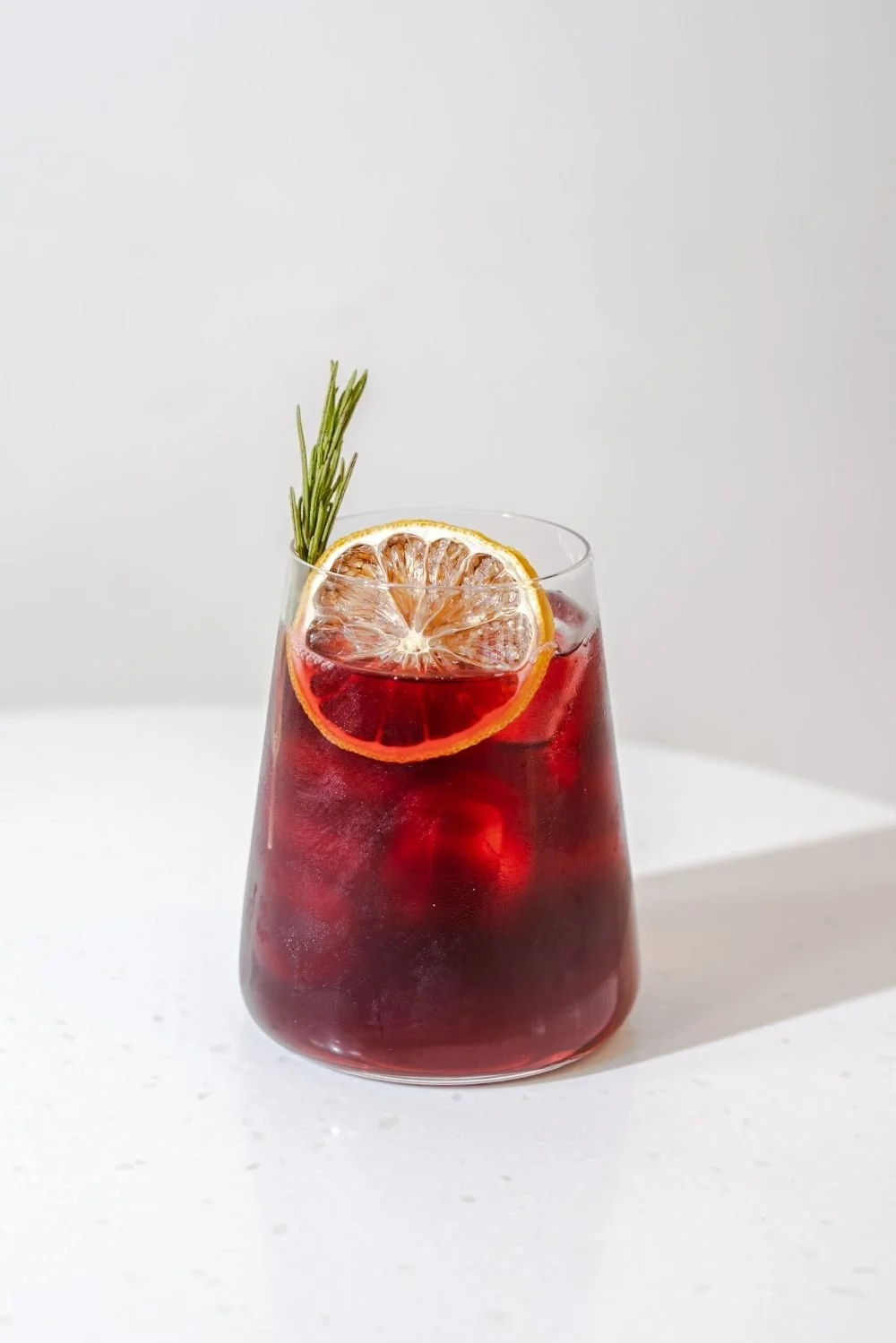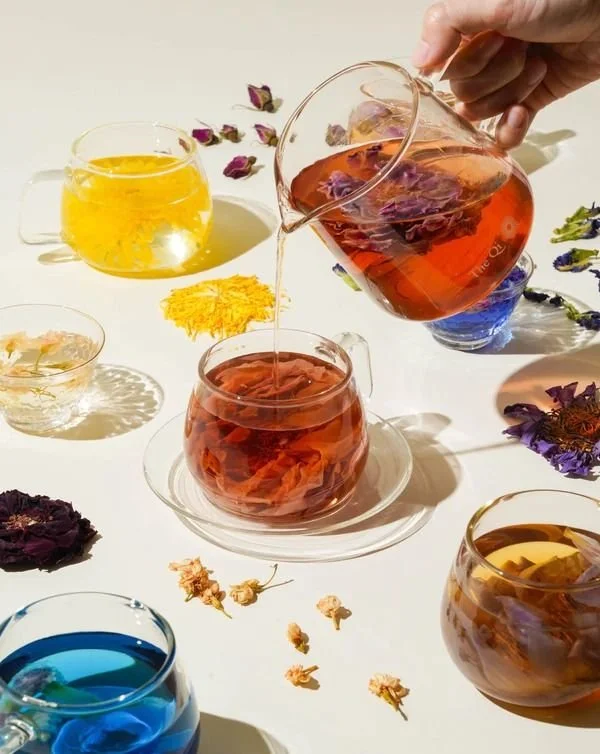The Flower That Depuffs in 30 Minutes—No, Literally! Approved By Pharmacist
Why Hibiscus Is Your New Morning Bloat-Buster
If you’ve ever woken up with a puffy face or a bloated belly, you know the struggle is real. Enter hibiscus, the vibrant red flower that’s more than just a pretty cup of tea. Pharmacists and herbalists alike are buzzing about its ability to reduce water retention and inflammation in as little as 30 minutes.
So why does it work so fast? Hibiscus contains anthocyanins and flavonoids, powerful antioxidants that help reduce inflammation, and it acts as a mild natural diuretic, encouraging your body to flush out excess fluid. Combined, these effects shrink puffiness, calm swelling, and even support digestion.
Science Simplified: Think of your bloating as tiny water balloons in your tissues. Hibiscus helps release the water, while the antioxidants calm irritation, so your body looks and feels lighter almost instantly.
Ultimate 30-Minute Depuff Tea Recipe
Here’s a pharmacist-approved, flavor-forward recipe designed to maximize depuffing:
Ingredients:
1–2 tsp dried hibiscus petals
1 cup hot water
3 slices fresh ginger (boosts circulation & digestion)
3 cucumber slices (cooling, hydrating, anti-inflammatory)
1 tsp fennel seeds (helps reduce water retention & bloating)
Juice of ½ lemon (supports diuretic action and detox)
Optional: a few fresh mint leaves for flavor
Instructions:
Add hibiscus petals, ginger, cucumber, and fennel seeds to a cup or teapot.
Pour in hot water and steep for 5–7 minutes.
Strain and pour into your favorite mug.
Squeeze in lemon and stir in mint if desired.
Sip slowly and feel the puffiness melt—repeat daily for best results.
Pro Tip: Drinking warm water alongside the tea can enhance the diuretic effect and boost circulation for even faster results.
Who This Tea Is Perfect For
Anyone struggling with morning puffiness or bloating
People looking for a natural diuretic without harsh chemicals
Those who enjoy functional, flavorful herbal teas as part of a wellness routine
Individuals who want a hydrating, low-calorie beverage to replace sugary drinks
Who Should Avoid Hibiscus Tea
Pregnant or breastfeeding individuals (limited research on safety)
People with low blood pressure or on antihypertensive medication (hibiscus may lower blood pressure further)
Anyone allergic to hibiscus or related plants
Those with kidney issues should consult a doctor before regular use

